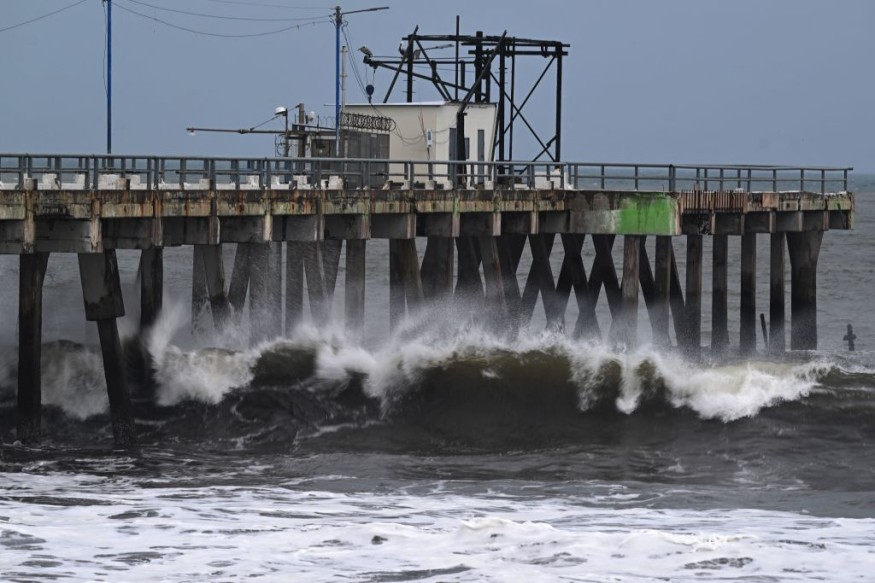The recent research warned that increasing tropical cyclones and extreme weather events can bring devastating damage to economic development. It can likely increase greenhouse gas emissions and have long-term impacts on communities.
Extreme weather events can become frequent and rapidly rise exacerbated by climate change. Hurricanes, storms and tropical cyclones (TC) will likely bring devastating risks to people, communities and the economy.
When storms become frequent, there is little time for communities to recover and prepare. From drought to intense tropical cyclones, more damage can occur.
As a result, understanding the effects of extreme weather is crucial for the economy and wildlife. Mitigating climate change will help prevent the impactful aftermath, especially for poorer communities.
Extreme Weather Events and Social Carbon Emissions

The recent report warned that extreme events can bring devastating effects on communities. Researchers looked into the 41 tropical cyclone storms and their economic damages from 1981 to 2015. The research findings were published in Nature Communications journal.
About 20 million people are affected by extreme weather every year. The massive loss in the economy reaches an estimated US$ 51.5 billion. The direct loss will have long-term effects on people's safety.
The social cost of carbon (SCC) shows an estimate of additional greenhouse gas emissions and carbon dioxide that enter Earth's atmosphere. Part of the analysis is looking into the climate mitigation efforts and policy evaluations.
Researchers analyzed the long-term effects of extreme weather like Tropical Cyclones (TC, including direct damage of the cyclones. They discovered that the social cost of carbon increased by over 20%.
Understanding the economic damage will help policymakers to develop climate mitigation plans to address climate change and global warming. Effective climate action can mitigate the potential effects of extreme weather.
Climate Change Effects and Extreme Weather Events
Recently, NWN reported the effects of climate change on extreme weather events. It can worsen extreme weather, including hurricanes, wildfires, heatwaves and tropical cyclones.
In drought conditions, climate change can bring less rainfall and a prolonged dry outlook. It can affect the water security, travel conditions and ecosystem.
Meanwhile, climate change can cause hotter temperatures and dry vegetation. The said conditions can be ideal for potential wildfires. According to a study in Proceedings of the National Academy of Sciences, the reduction of air pollution can benefit the environment by improving plants' ability for carbon sequestration or removal.
The recent report added that it can help plants' ecosystem productivity. It will also help mitigate the risks of pulmonary and respiratory infections that affect people's health.
Related Article : Reducing Air Pollution Benefits Plants' Ability to Fight Climate Change
For more similar stories, don't forget to follow Nature World News.
© 2025 NatureWorldNews.com All rights reserved. Do not reproduce without permission.





